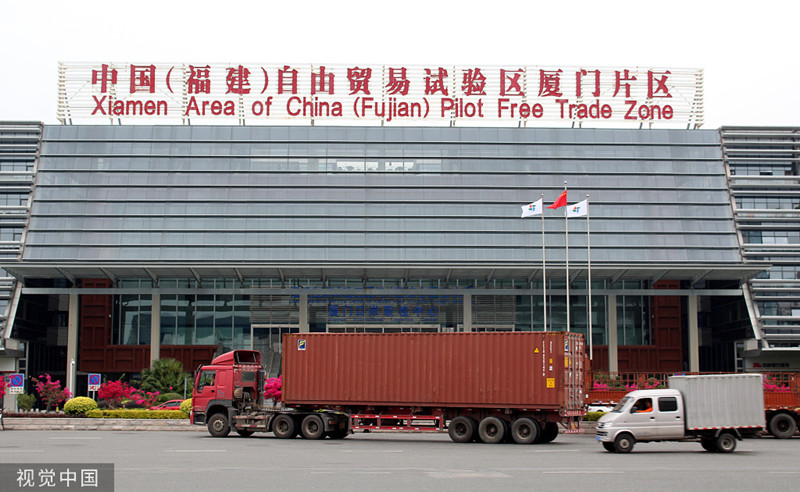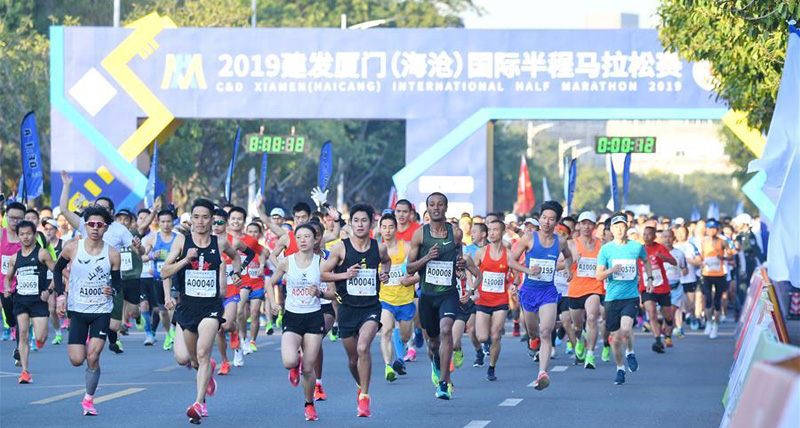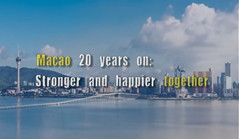Digital economy industrial parks to stimulate cross-Straits exchanges
chinadaily.com.cn| Updated: Nov 25, 2019

The Xiamen Area of the China (Fujian) Pilot Free Trade Zone [Photo/VCG]
The signing ceremony for the China (Xiamen) Cross-Straits Digital Economy Industrial Park took place in Xiamen, East China's Fujian province, on Nov 23.
The industrial park, located in the Xiamen Area of the China (Fujian) Pilot Free Trade Zone, occupies an area of about 60,000 square meters. It will perform a variety of functions, including providing cross-Straits copyright services, offering electronic sports facilities, and holding traditional cultural performances. Its purpose is to promote the development of the city's cultural industry and further optimize its industrial structure.
The cultural industry plays an important role in the city's economic development, as well as its overall competitiveness. In the future, Xiamen plans to focus more on the development of its emerging cultural industry and set up platforms for facilitating cultural trade, building Xiamen into one of China's leading cultural cities.
Liu Jie, executive director of the China Digital Cultural Group, said that Xiamen boasts an advantageous location, abundant natural resources, and a rich culture, providing ideal conditions for the development of a cultural industry. The group plans to use the industrial park to accelerate the development of Xiamen's cultural industry and the cross-Straits cultural industry.
In recent years, the Xiamen Area of the China (Fujian) Pilot Free Trade Zone has been beefing up efforts to establish a cultural industrial chain valued at 100 billion yuan ($14.22 billion). The chain would make use of foreign cultural trade and cross-Straits innovative cooperation, making the city a national cultural export center for Taiwan and countries and regions involved in the Belt and Road Initiative.
Xiamen is now home to 1,698 cultural enterprises with a combined registered capital of 9.6 billion yuan. In the first three quarters of this year, the city's foreign trade in cultural products rose 23.2 percent year-on-year to 5.77 billion yuan, among which imports and exports of books to and from Taiwan ranked first in the country.



 play
play